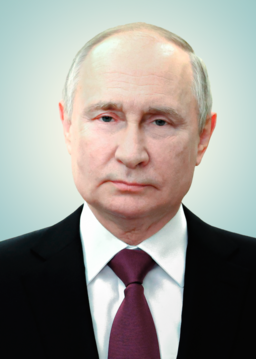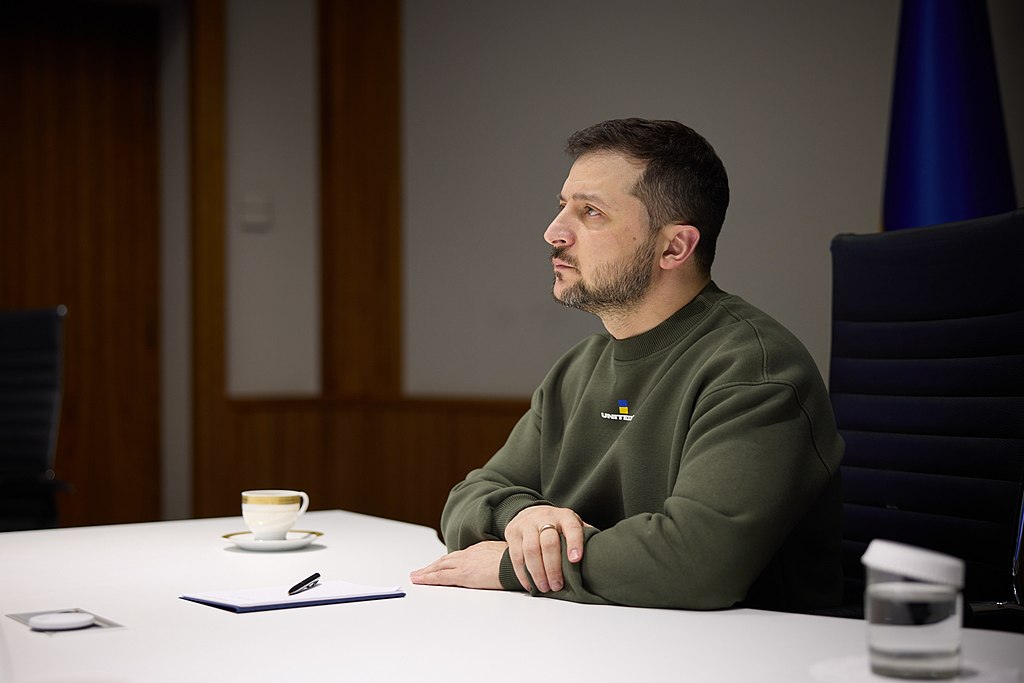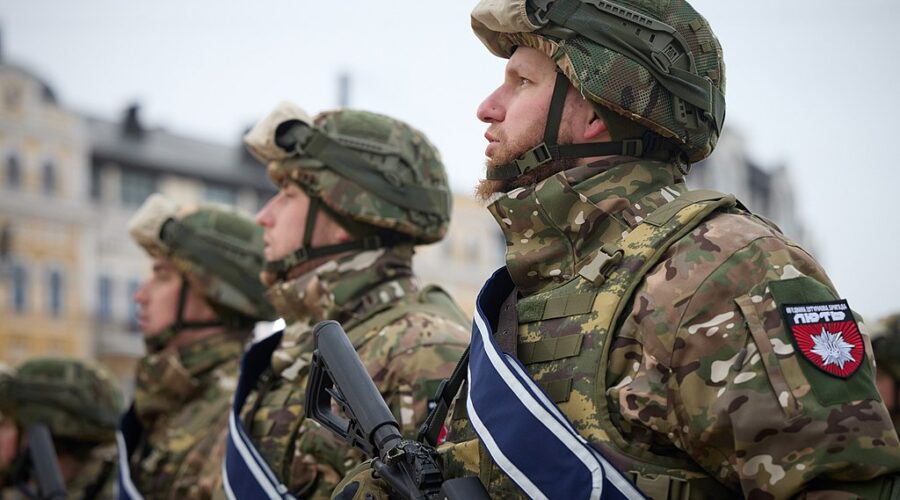On February 24, 2022, when Russia attacked Ukraine, there was still a large doze of fear in the West. Many politicians and analysts naively believed that the corrupt Russian Federation is one of major global powers, and that it has capacity to quickly seize Kyiv. One year later, no policy maker in the West is afraid of Putin’s empty threats anymore, and very few people still see the Russian Armed Forces as a powerful army. It became quite obvious that the Russian military is no different than the Russian civilian authorities. It is as corrupt and incompetent as the country’s top officials.
As a result, Moscow has not achieved any of its goals in Ukraine. Initially, Putin reportedly aimed to “denazify” the neighboring country. Instead, the Azov Regiment fighters, whom the Kremlin propagandists repeatedly portrayed as neo-Nazis, have become national heroes in Ukraine. His alleged plan to demilitarize the former Soviet republic also backfired. Ukraine is now a heavily militarized country, and the West continue supplying it with all kinds of weapons. However, Russia, rather than the West, remains Ukraine’s major weapons donor.
Throughout the war, the Russian army repeatedly abandoned hundreds of tanks, infantry fighting vehicles, as well as tones of ammunition. At the same time, Russia continues selling gas to Europe via Ukraine, and paying Kyiv transit fees. In other words, the Kremlin is openly helping its opponent. Since reports suggest that Ukraine has started running out of troops, sooner or later the Kremlin could provide its Ukrainian partners with soldiers. It is not hard to imagine that the Wagner Group, or some other Russian private military company, will eventually switch sides and start fighting together with the Ukrainian army against the Russian forces.

Meanwhile, Moscow will likely continue changing its very fluid goals in Ukraine. Following series of military debacles, Putin started insisting that the major goal of his “special military operation” is to “protect the Donbass”. In reality, residents of Donetsk, as well as of other Donbass cities, have been living under a constant artillery fire for a year now. Moreover, people in Western Russian regions of Belgorod, Bryansk and Kursk do not feel safe anymore.
Thus, Putin’s war in the Eastern European country has brought misery to millions of people in both, Russia and Ukraine. That, however, does not mean that the Russian leader will bear the consequences of his political decision any time soon. At this point, there is no organized political force in Russia that can overthrow Putin and his regime. More importantly, quite aware that Russia is run by incompetent leaders – many of whom have very close ties with West – the United States and its allies do not seem interested in a regime change in Russia as long as the war in Ukraine goes on.
But how long will the war last? The very fact that most media talk about the “first anniversary” of the Russian invasion of Ukraine – even though conflict broke out in 2014 in the Donbass – indicates that the war could last for at least a couple of years, in one form or another. Although Russia does not have capacity to launch any major offensives, and capture significant portions of Ukraine’s territory, the Kremlin will undoubtedly continue creating an illusion that it is determined to “fight until victory”. In reality, the Russian elite desperately seeks to reach compromise with Kyiv, and turn things “back to normal”.
That is one of the reasons why in July Russia de facto gave up on its plans to seize strategically important Ukraine’s port cities of Odesa and Mykolaiv, and signed the grain deal with Kyiv instead. Previously, at the very beginning of the Russian invasion, Putin assured his Israeli partners that he did not plan to kill the Ukrainian President Volodymyr Zelensky, which was a clear sign that a regime change in Ukraine was either never the real goal of the Kremlin’s adventure in the former Soviet republic, or that Moscow quickly changed its initial military plans following several huge failures in the northern front. Indeed, after the Kremlin withdrew the Russian troops from the Kyiv, Chernihiv and Sumy regions in April, it became apparent that Putin changed the goals of his special military operation.
Ever since, the Russian military has been focusing on the Donbass – where Ukrain’s army has been heavily fortified since 2014 – but to this day large portions of the region remain under Ukrainian control. That, however, did not prevent Putin from annexing not just the Donetsk and Lugansk regions, but also Kherson and Zaporizhzhia on September 30. A month and a half later, the Russian troops withdrew from Kherson – the only regional capital they managed to capture since the invasion was launched in February – and have started building defense lines not just in southeastern Ukraine, but also in Crimea, and in parts of western Russia.

It is the Ukrainian military, rather than the Russian army, that is expected to take the initiative in 2023, and attempt to recapture at least certain portions of the territories occupied by Russia. Since the West will continue arming Ukraine as long as it takes, Moscow will have a hard time preserving the status quo on the ground. In order to avoid a humiliating defeat in Ukraine, sooner or later the Kremlin will have to declare another wave of partial mobilization. But since the Russian leadership, despite the bloody war, continues selling fuel to its opponent, and helps Kyiv consolidating the Ukrainian budget by allowing it to freely export its grains, Russian men are unlikely to be keen on participating in Putin’s charade in Ukraine.
Ultimately, if Russia suffers a major defeat in the Eastern European country, the war can easily spillover into the Russian Federation. And that could be the final result of Putin’s “special military operation”.
Images: Putin by Пресс-служба Президента РФ; On the anniversary of invincibility, President Volodymyr Zelenskyy presented state awards, conferred honorary titles upon military personnel and civilians, and handed over battle flags to military units of the Armed Forces and assault brigades of the Offensive Guard. The ceremony took place on St. Sophia’s Square in Kyiv by President of Ukraine and Zoom meeting with members of United News telethon, also by President of Ukraine.

